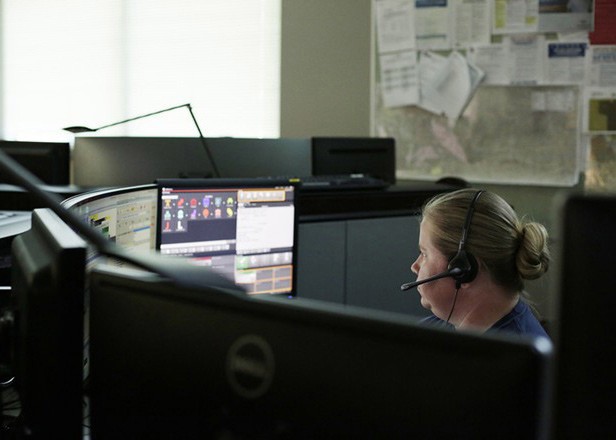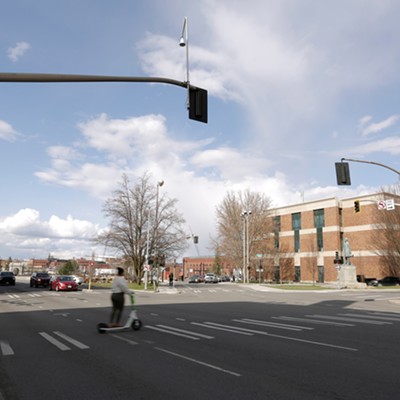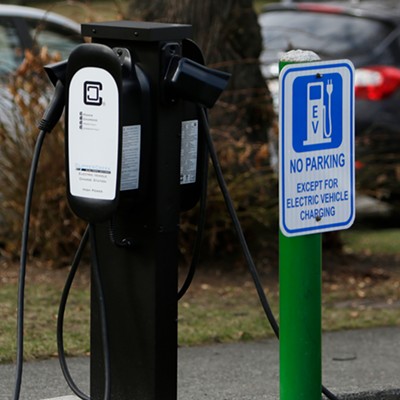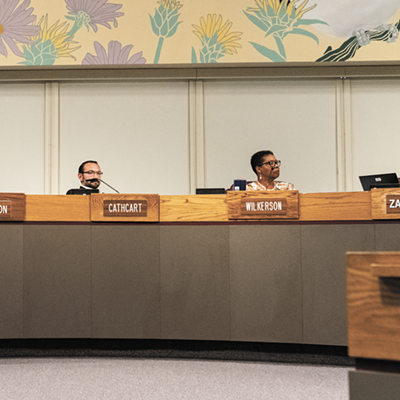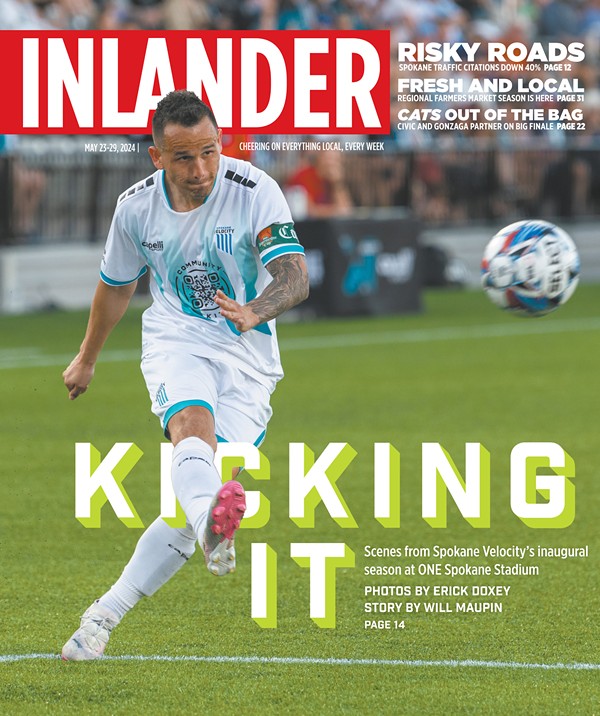In mid-April, the Spokane Regional Emergency Communications (SREC) board asked Spokane to decide by May 24 whether the city will fully join the 911 center or will operate its own emergency call center. SREC currently handles calls for the Spokane Fire Department, while the Spokane Police Department handles its own. In a May 17 letter, Spokane Mayor Lisa Brown asked for a three-month extension to make a decision. The mayor noted the city generates nearly half of the tax revenue that goes to SREC, yet still gets charged user fees that have increased significantly. Spokane Fire's user fees increased by $50,000 per month this year, even though SREC is on pace to have $38 million in reserves by the end of the year, the letter notes. "Based on the City's analysis, SREC could eliminate user fees and still achieve a balanced budget," the mayor wrote. The city also wants more than two of the 10 seats on the board if it fully commits, since more than half of the calls for fire or police occur within city limits. (SAMANTHA WOHLFEIL)
HOUSING ON HOLD
On Monday, the Spokane City Council voted 5-2 to pass a one-year moratorium on development in Spokane's Latah-Hangman and Grandview-Thorpe neighborhoods. During that period, the city won't accept, process or approve new development applications. The pause takes effect immediately and won't affect projects already in the pipeline. Infrastructure in Latah Valley hasn't kept up with population growth in recent years. There's no permanent fire station, and there are only a few roads in and out of the area. Many residents are concerned about limited evacuation options in the increasingly likely event of a wildfire. "Adding more homes will increase the risk for current residents and future residents," said Molly Marshall, a Latah Valley resident who has helped organize neighbors to call for a pause on development. The moratorium was sponsored by City Council members Paul Dillon and Lili Navarrete, who said it would give the city time to plan for wildfire safety measures and other improvements. "This really is at a crisis point," Dillon said. Council members Jonathan Bingle and Michael Cathcart acknowledged the problems with infrastructure in the neighborhood but voted against the moratorium because they didn't think it would meaningfully address the infrastructure problems and could contribute to Spokane's housing crisis. In 2022, the City Council passed a six-month development moratorium in the area. The topic of another moratorium was frequently debated during last year's city elections. (NATE SANFORD)
SET ABLAZE
Late last week, a few people set fire to the LGBTQ+ Pride crosswalk at the intersection of Spokane Falls Boulevard and Howard Street, according to the Spokane Police Department. This came just three weeks after the crosswalk was finally repainted, following last year's vandalization, which under existing state law couldn't have been charged as a hate crime if the vandal had been caught. Thanks to the efforts of state Sen. Andy Billig, D-Spokane, the Washington Legislature changed the law this year making defacement of publicly owned property eligible to be prosecuted as a felony hate crime. However, since the law doesn't go into effect until June 6, last Thursday's defacement can only be investigated as arson — which is still a felony charge. As of Tuesday, Spokane Pride had raised enough money to cover the financial burden of repainting the crosswalk, according to Matt Danielson, the organization's executive director. "Our community always comes together in times of need," Danielson says. Read more about last week's incident here. (COLTON RASANEN) ♦
